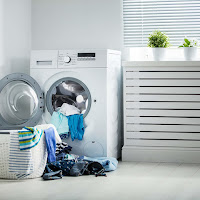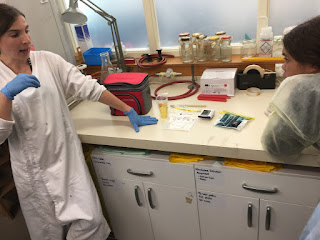Grey water - Should we be recycling our grey water in Whanganui?
A 2007 Kapiti Coast study found that of all the water consumed in the home , 50-60% was used for washing in the laundry and bathroom. This equates to 106,000 litres of water per year in a typical home. Recycling grey water for garden irrigation could reduce both the demands for mains water and waste water treatment. Grey water is the name given to the waste water that we generate when we bathe, shower or do the laundry. This is very different from black water or sewage that flows from our toilets. For a time all waste water in Whanganui was discharged directly into the Awa. Now, after separation of the storm water, the waste water generated in the city is processed through the Airport Road waste treatment plant (or soon will be again) and discharged into the ocean, 1.8km offshore
The current policy of the Whanganui District Council is 'if there is a reticulated sewer system for the property to connect to, they are required to connect to it and are not permitted to treat grey water on site'. This effectively rules out grey water systems within the city boundaries but not outside of this boundary. However, the times they are a changing, to borrow a line from Bob Dylan and we will be looking at how well this water can be cleaned up so that it might be possible to recycle it at home.






Comments
Post a Comment